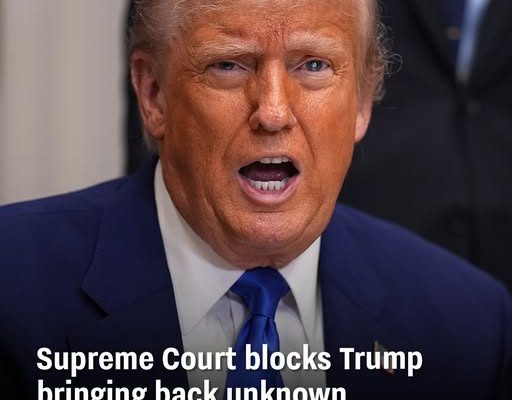
President Donald Trump’s plans to deport hundreds of alleged criminals to one of the world’s toughest prisons in Central America, have been thwarted by the Supreme Court.
The request by the Trump administration to remove the temporary block placed on the deportations of Venezuelans, which the Republican had hoped to carry out under an unknown 18th-century wartime law, has been denied.
On March 15, the 78-year-old’s administration flew hundreds of migrants to El Salvador‘s notoriously violent ‘mega-prison’, the Center for Terrorism Confinement (CECOT), despite US District Judge James E. Boasberg having temporarily halted the deportations to having taken place on the same day.
However, White House secretary Karoline Leavitt refuted claims that the Trump administration defied a court order, issuing a statement to say that the president and his team ‘did not refuse to comply with a court order’.
CBS’ 60 Minutes carried out an investigation into the 238 Venezuelans who have been branded criminals by the US government – with 179 of those holding no public criminal record.
What is the Alien Enemies Act of 1798?
The Alien Enemies Act of 1798, a relatively unknown 18th century law, was created in response to spying and sabotage during tensions with France at the time, and was passed shortly after the US was liberated from the British Empire.
According to the act, it can be invoked during a ‘declared war’ or ‘any invasion or predatory incursion’ against the US government from a foreign government.
Until the president terminates it, it can remain in action for as long as necessary.
It has already been used a handful of times in the US throughout history – the last being to justify internment camps for Japanese, German and Italian citizens, who were the Axis powers at the time, during the Second World War.
Why Trump wanted to impose the 18th-century wartime law
Immigration has been a hot topic for the US president, as Donald Trump touted his hard-line approach during his campaign trail and signed an executive order to ‘protect the American people against invasion’ within hours of taking over the White House on January 20.
The Alien Enemies Act of 1798 would allow Trump to quickly deport migrants accused of ‘invasion or predatory incursion and those deemed to be gang members’, reports Reuters.
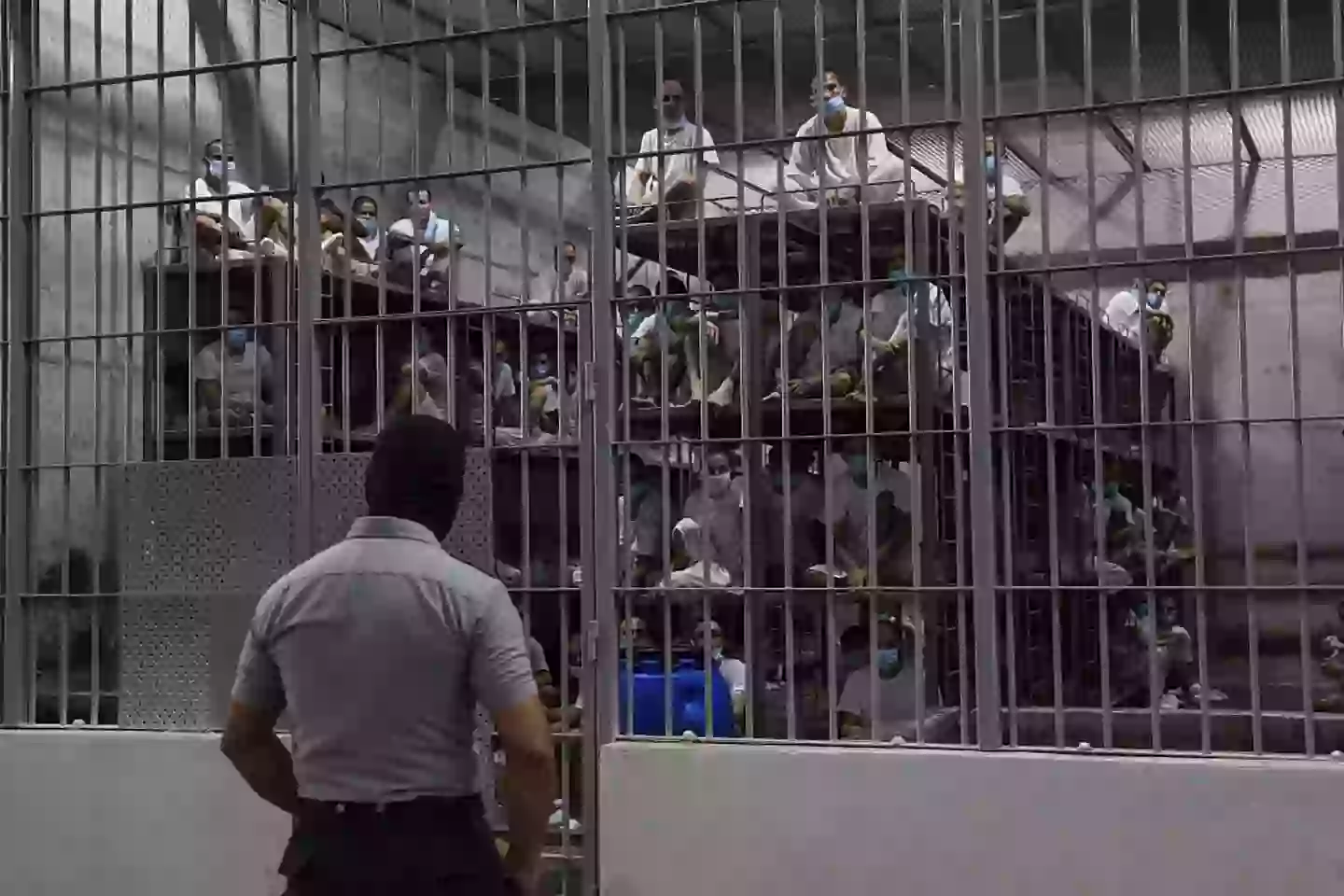
El Salvador’s CECOT prison where the only furniture is tiered metal bunks, with no sheets, pillows or mattresses (Alex Pena/Anadolu via Getty Images)
The White House confirmed in January that an executive order was designating criminal cartels, like the Venezuelan gang Tren de Aragua, as terrorist organizations where the law would kick-in to allow legal deportations.
What the block means for mass deportations
The block was upheld in the Supreme Court by a vote of seven in favour and two against. However, the process is not over.
The justices have now sent the case back to a federal appeals court where they must decide on the underlying issue that has arisen from the US government’s use of the Alien Enemies Act of 1798.
“Under these circumstances, notice roughly 24 hours before removal, devoid of information about how to exercise due process rights to contest that removal, surely does not pass muster,” the unsigned ruling read in part.
It means the men being held in a detention north Texas will be given a chance to prove their innocence before being exiled to the CECOT.
How Trump has responded
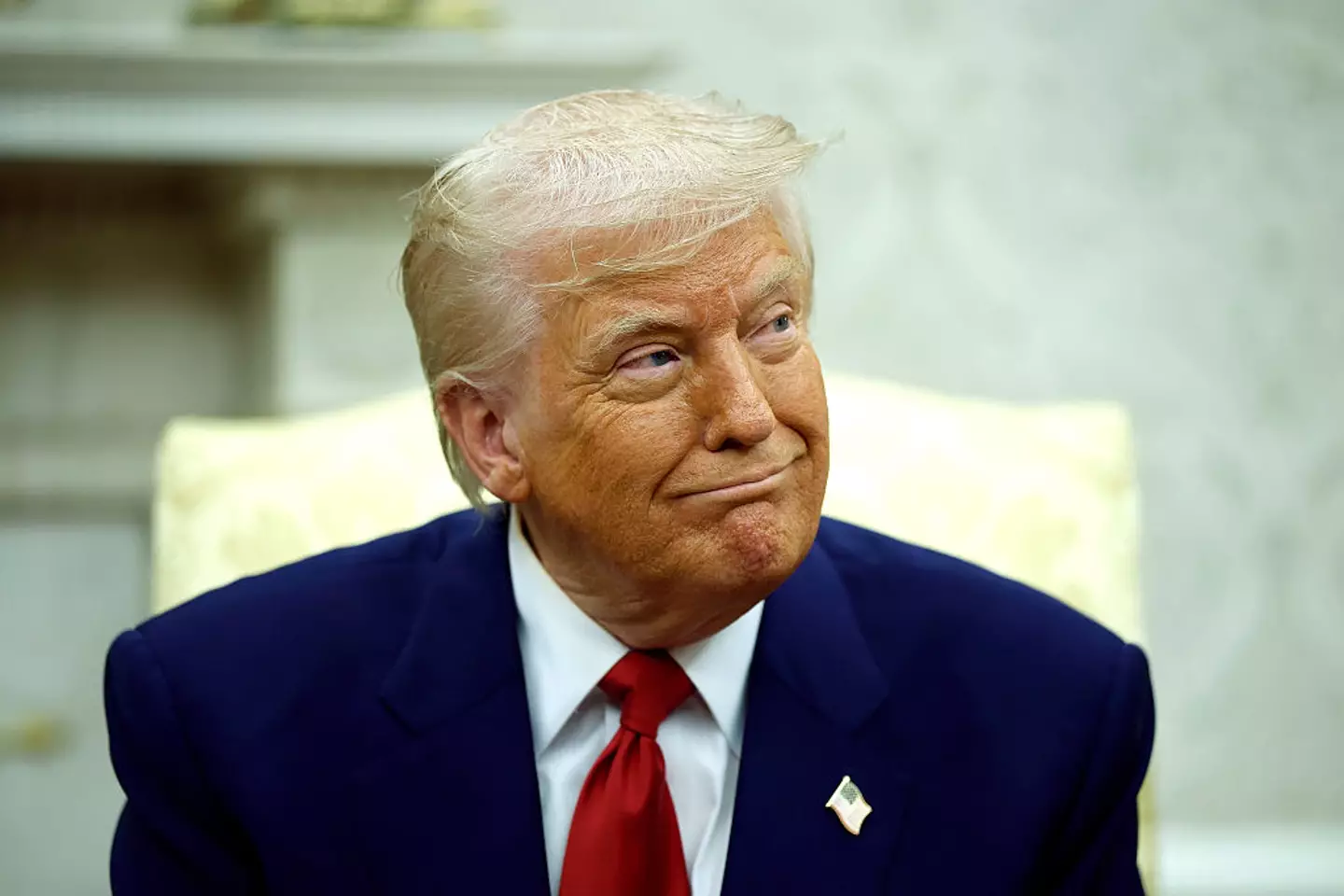
President Donald Trump’s ambitions to deport alleged criminals to El Salvador has been thwarted (Kevin Dietsch/Getty Images)
Taking to Truth Social, the POTUS posted: “The Supreme Court has just ruled that the worst murderers, drug dealers, gang members, and even those who are mentally insane, who came into our Country illegally, are not allowed to be forced out without going through a long, protracted, and expensive Legal Process.
“One that will take, possibly, many years for each person, and one that will allow these people to commit many crimes before they even see the inside of a Courthouse. The result of this decision will let more CRIMINALS pour into our Country, doing great harm to our cherished American public.
“It will also encourage other criminals to illegally enter our Country, wreaking havoc and bedlam wherever they go. The Supreme Court of the United States is not allowing me to do what I was elected to do.”
He continued: “Sleepy Joe Biden allowed MILLIONS of Criminal Aliens to come into our Country without any ‘PROCESS’ but, in order to get them out of our Country, we have to go through a long and extended PROCESS.
“In any event, thank you to Justice Alito and Justice Thomas for attempting to protect our Country. This is a bad and dangerous day for America!”
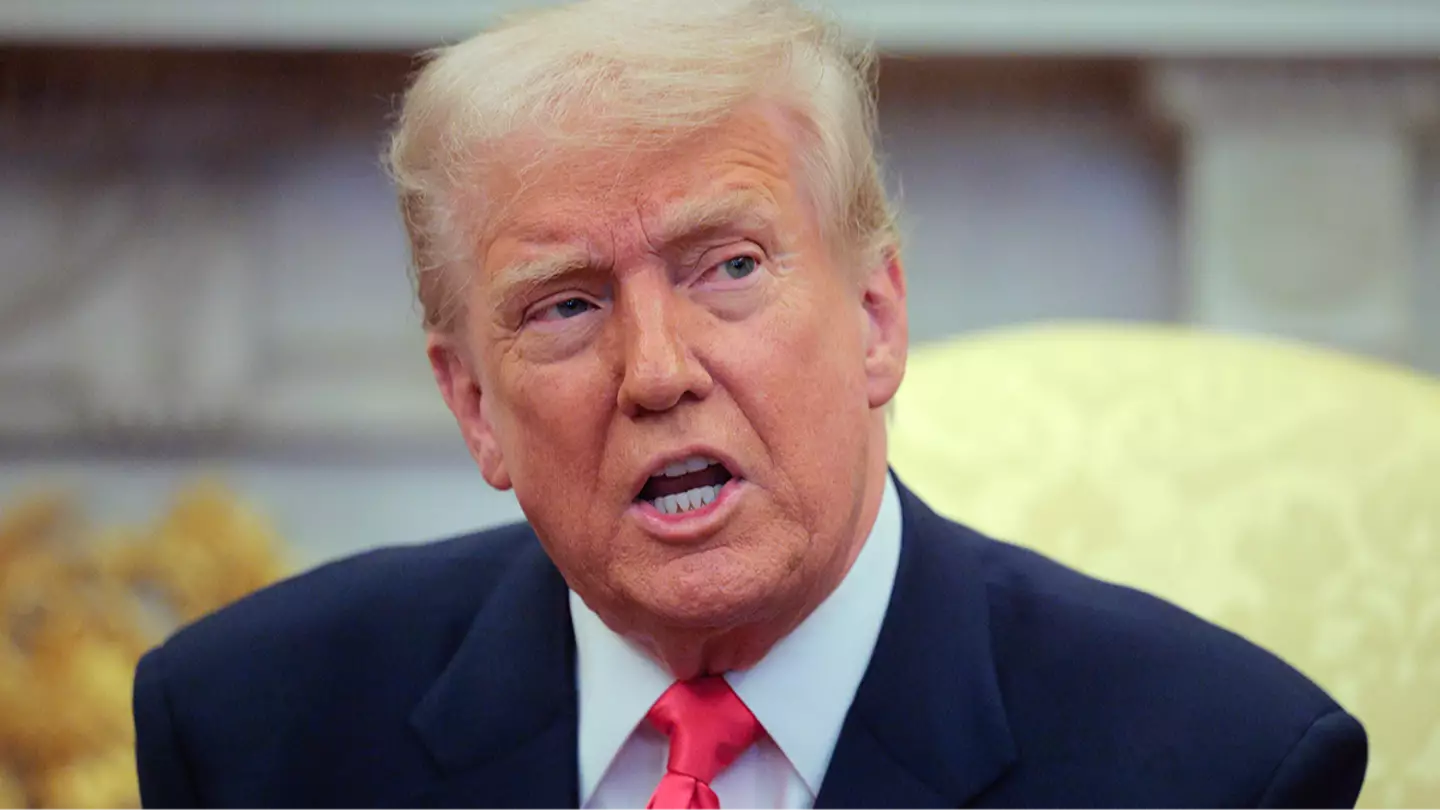
The Trump administration has been ordered to stop deporting migrants to El Salvador for the time being.
It means the men being held in a detention north Texas under a wartime law created back in the 1700s, will be given a chance to prove their innocence before being exiled to the Center for Terrorism Confinement (CECOT). This is all thanks to the order issued by the US Supreme Court in the early hours of this morning (April 19).
The order read in full: “There is before the Court an application on behalf of a putative class of detainees seeking an injunction against their removal under the Alien Enemies Act. The matter is currently pending before the Fifth Circuit.
“Upon action by the Fifth Circuit, the Solicitor General is invited to file a response to the application before this Court as soon as possible.”
While importantly stating: “The Government is directed not to remove any member of the putative class of detainees from the United States until further order of this Court.
“Justice Thomas and Justice Alito dissent from the Court’s order. Statement from Justice Alito to follow.”
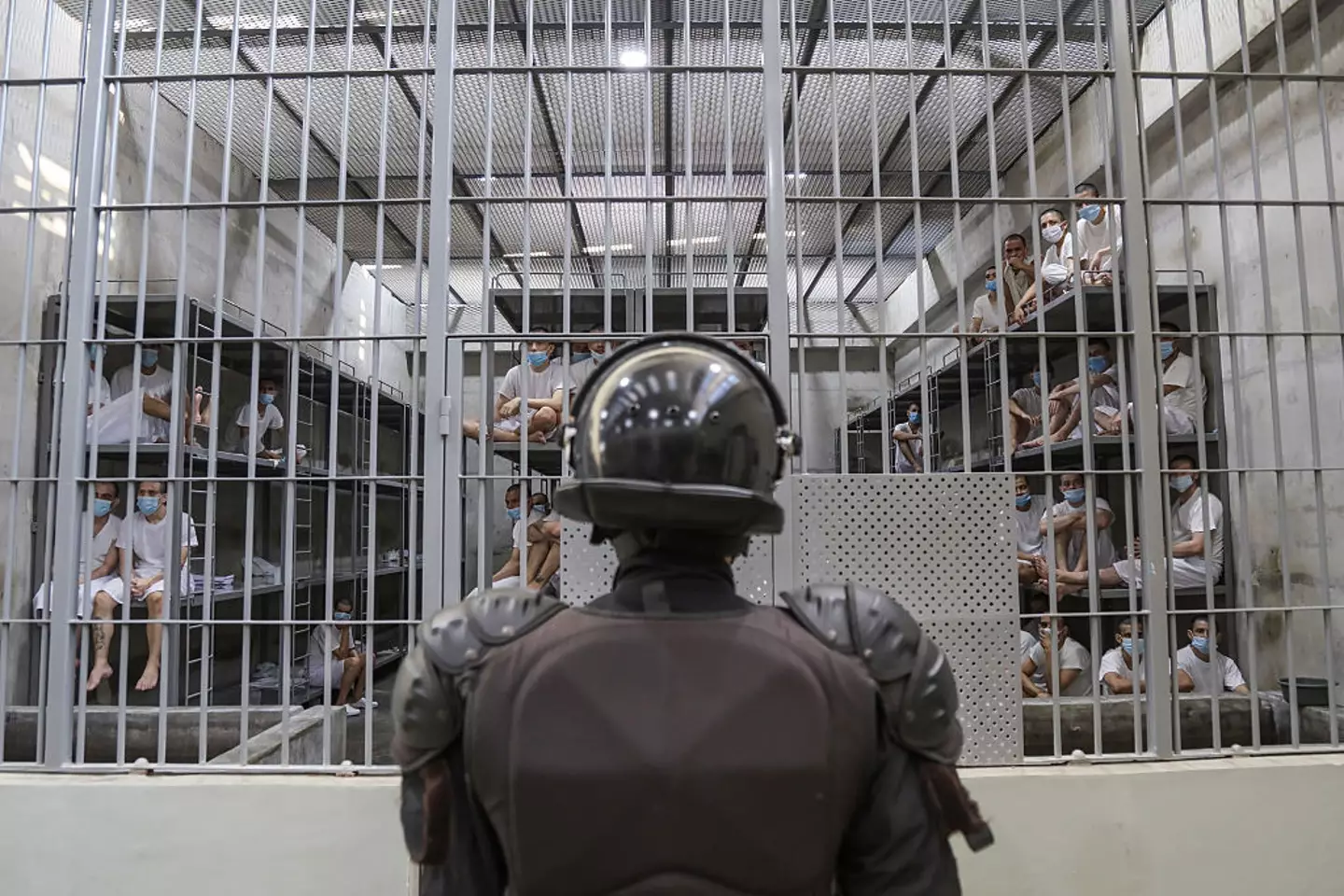
A prison officer guards a cell at maximum security penitentiary CECOT, in El Salvador (Alex Peña/Getty Images)
To carry out the deportations of the men who have already been flown to El Salvador, Trump used a little-known law that was previously used during WW2 to justify internment camps for Japanese, German and Italian people within the nation. It is known as the 18th-century wartime legislation, the Alien Enemies Act of 1798.
To catch us all up to speed, the Trump administration flew hundreds of migrants to El Salvador‘s notoriously violent ‘mega-prison’ on March 15, despite US District Judge James E. Boasberg having temporarily halted the deportations to having taken place on the same day.
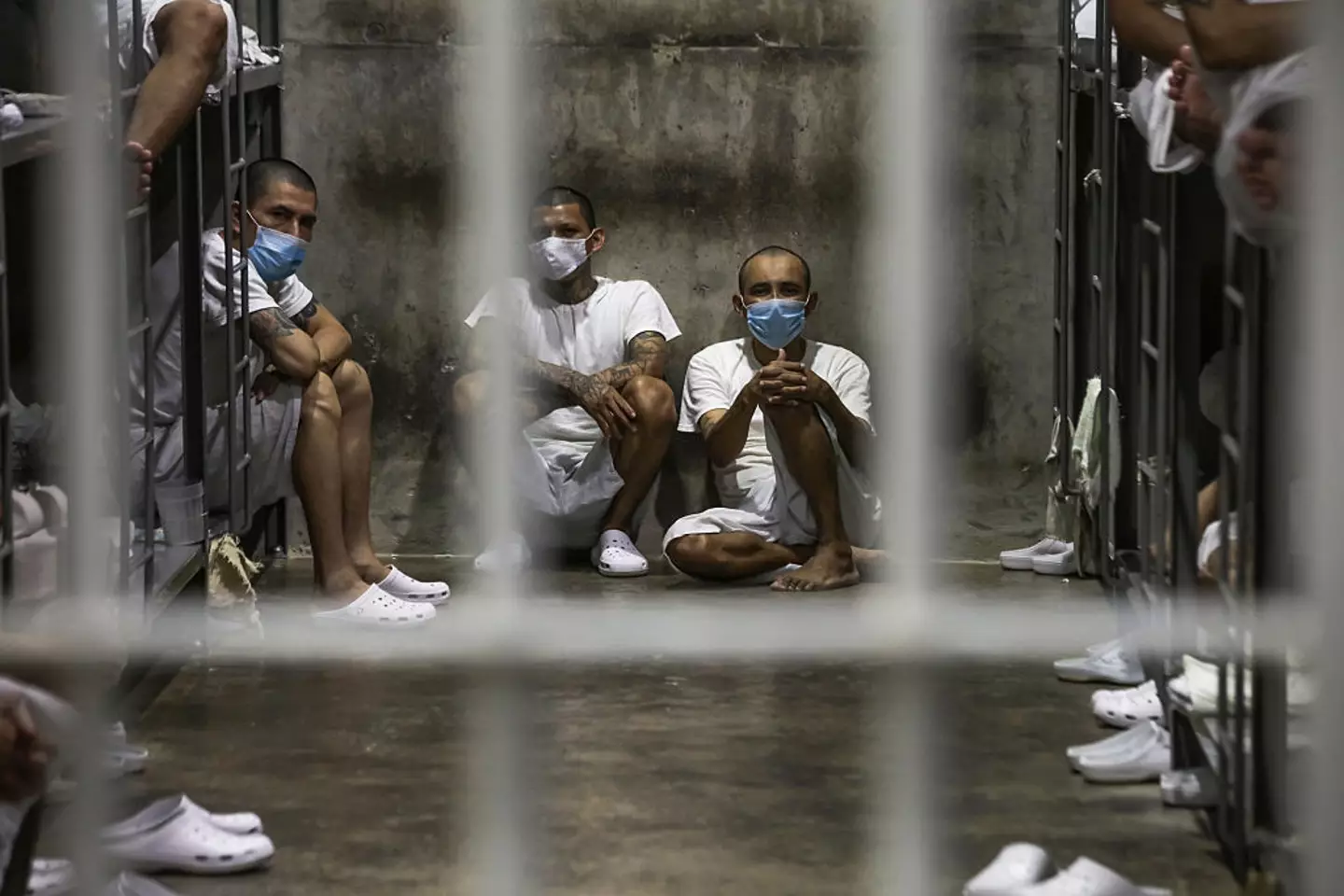
Prisoners look out of their cell at CECOT, where they are only given 30 minutes to exercise (Alex Peña/Getty Images)
However, White House secretary Karoline Leavitt refuted claims that the Trump administration defied a court order, issuing a statement to say that the president and his team ‘did not refuse to comply with a court order’.
While CBS’s 60 Minutes carried out an investigation into the 238 Venezuelans who have been branded criminals by the US government – with 179 of those holding no public criminal record.
The prison itself was visited by CNN’s David Culver, who spoke of the ‘spartan’ conditions inmates are expected to live in.
Culver and his team reported that cells are unlike American prisons in that they are ‘built to hold 80 inmates’ or more. As well as this, inmates are held for 23.5 hours a day, far from the expected ‘luxuries’ of American prisons.
Culver reported: “The only furniture is tiered metal bunks, with no sheets, pillows or mattresses … an open toilet, a cement basin and plastic bucket for washing and a large jug for drinking water.”
